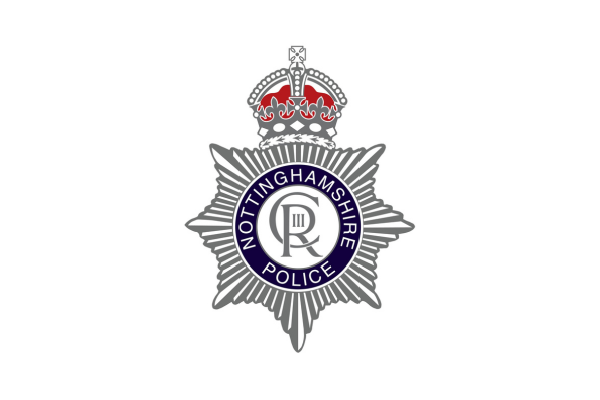
Courier scams are evolving with fraudsters now tricking victims into handing over their banks cards on the doorstep.
In recent weeks, a growing number of Nottinghamshire residents have received a phone call from someone claiming to be from their bank or the police, who told them their money wasn’t safe.
However, it was a fraudster who first built their trust before telling them a police officer would come and collect their bank cards so checks could be made as part of an investigation.
Three victims have handed over their cards in recent weeks, which have then been used to make a string of fraudulent transactions.
One victim, a Broxtowe resident in her 70s, lost more than £35,000 after handing over her bank cards. A Kirkby-in-Ashfield victim, a woman in her 40s, had her cards used across Nottingham and Birmingham, while a third person noticed two iPhones had been purchased with a bank card she was tricked into handing over on her doorstep at her home near Bingham.
Explaining how the Broxtowe victim was tricked, Lucy Kennedy, of Nottinghamshire Police’s fraud Protect team, said: “The lady received a call from a man purporting to be a police officer, who said her husband’s identity had been stolen.
“He told her all her husband’s cards had been cloned and that the fraud squad had a machine that could check if they have been ‘skimmed’.
“To make these checks, the lady was told a police officer who come to her address and collect the cards.
“The lady was concerned and approached neighbours, but the man was still on the phone and said ‘you must not tell anyone, you are compromising the case’.
“She was then told the police officer was stuck in traffic on the motorway and that an Uber driver had been sent to collect the cards instead.
“She was told to give the code ‘Dhillon’ to the driver and the cards were then handed over.
"When she checked her accounts later, approximately £35,000 was missing."
Courier scams are on the rise across the country but simply being aware of them can mitigate the risk of becoming a victim.
Lucy, who works closely with other Protect colleagues and external partners in cascading and communicating fraud prevention advice, said: “Courier fraud can take various forms, but it mostly occurs when a fraudster contacts victims by telephone purporting to be a police officer or bank official. To substantiate this claim, the caller might be able to confirm some easily obtainable basic details about the victim such as their full name and address.
“The caller may also offer a telephone number for the victim to telephone or ask the victim to call the number on the back of their bank card to check that they are genuine. In these circumstances, either the number offered will not be genuine or, where a genuine number is suggested, the fraudster will stay on the line and pass the victim to a different individual.
“These individuals are very convincing and have various different tactics to gain your trust.”
Please remember:
- Your bank and the police will never ring and ask you to verify your PIN, withdraw cash or purchase high-value goods. They’ll also never come to your home to collect your card, cash or purchased items. If you get a call like this, end the call.
- If you get a call from your bank or the police, make sure you know who the person is before handing over any personal details. You can do this by calling your bank (the number on the back of your card) or the police (101) on a different phone line.
- To get a different line, use a phone owned by a family member, friend or neighbour. This is because scammers can keep phone lines open after pretending to hang up. So while you think you’re making a new phone call, the line is still open to the scammer, who pretends to be someone from your bank or the police.
- Depending on your bank, the security questions they ask may be different, but they’ll never ask you to authorise anything by entering your PIN into your phone.
- Never send money abroad to a person you've never met or to anyone you don’t actually know and trust.
- Likewise, never agree to keep your online relationship a secret. This is a ploy to get you not to tell your family and friends, who’ll see the scam for exactly what it is.
For more advice please visit www.actionfraud.police.uk



 Mansfield 103.2 News -03-04-25
Mansfield 103.2 News -03-04-25





